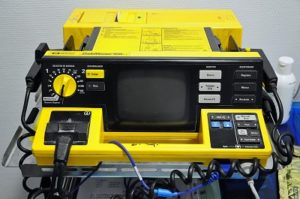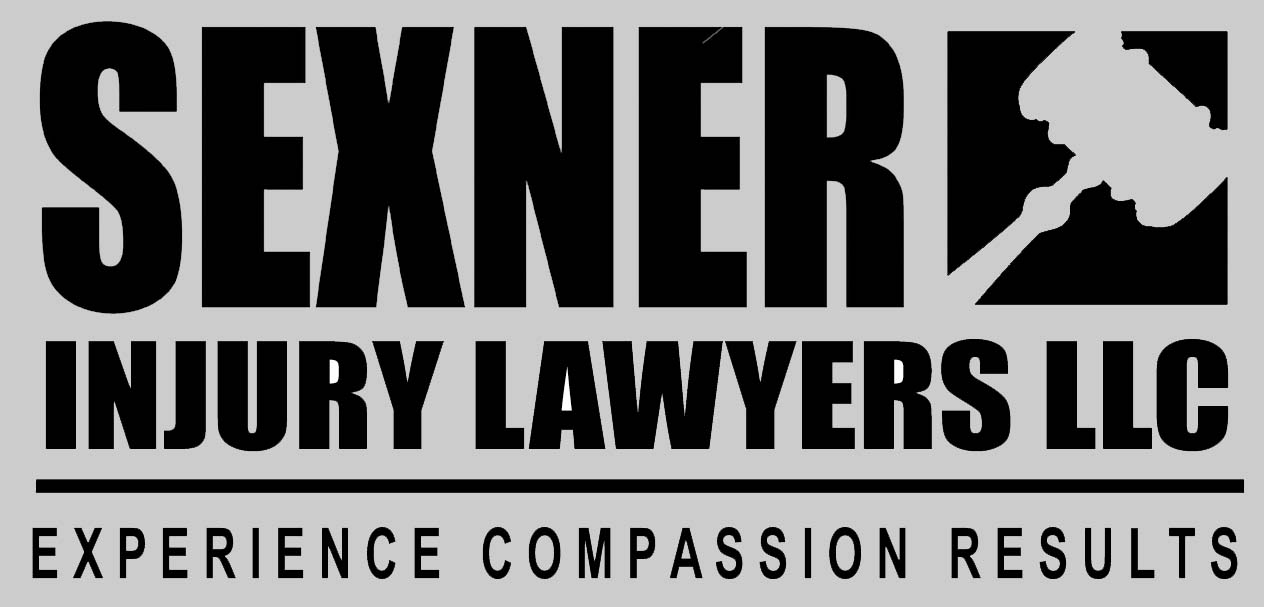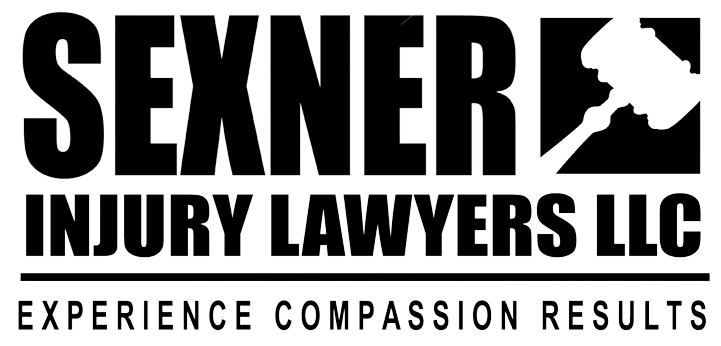 Everyone wants a better life. That means a life that is healthier, longer, and less painful. The creation of medical aids to add to quality (and quantity) of life has been going on for well over a thousand years. For instance, some historians believe that the first prosthetic limb dates back to 200 BC, made out of iron for a Roman general. Innovations and new technologies in prosthetics have continued ever since, with modern-day prosthetic limbs now being constructed of lightweight materials like carbon fiber; and with better functionality than ever due to advancements in biometrics and 3D printing.
Everyone wants a better life. That means a life that is healthier, longer, and less painful. The creation of medical aids to add to quality (and quantity) of life has been going on for well over a thousand years. For instance, some historians believe that the first prosthetic limb dates back to 200 BC, made out of iron for a Roman general. Innovations and new technologies in prosthetics have continued ever since, with modern-day prosthetic limbs now being constructed of lightweight materials like carbon fiber; and with better functionality than ever due to advancements in biometrics and 3D printing.
So we can all agree that the drive for newer and better medical devices is a very good thing indeed. But not all products help patients; in fact, many of them harm. The main reasons defective products are released to the medical marketplace involve corporate greed and FDA oversights.
Corporate Greed & Pursuit of Profits
Corporations that manufacture medical devices exist to fill the public demand for innovation. These medical manufacturers pour millions and billions of dollars each year into research, testing, and development to perfect these devices. In the end, after the product is marketed and finally released to the public, the corporations expect to turn a profit and make money for their shareholders. There is nothing wrong with wanting to make money, but when the overriding pursuit of money overshadows public safety and defective products are released that injure or kill, these companies should be punished.
In the best of worlds, medical device manufacturers would exhaustively test their products and conduct even longer clinical trials just to make absolutely sure that their products would not harm anyone. But they sometimes see every day spent waiting on testing as a loss of potential profits. They also fear that a rival corporation will bring to market a similar or better version of their medical device, and take profits that are rightfully theirs. So many medical manufacturers rush their products to market and may skip important testing.
But what about the fear of medical malpractice and product liability lawsuits? Aren’t these corporations concerned that if they bring a product to market that turns out to be defective, they will be sued for millions? Not that much. That’s because sales account for billions of dollars in profits each year. If a corporation needs to pay out a few million here and a few million there to injured patients or families of patients who died, they have still turned a tremendous profit. They consider it a cost of doing business. Sad, but true.
Relaxed FDA Oversight
But even if a corporation wants to rush their medical device in the pursuit of big profits, there must be government oversight that slows them down and makes sure the product is safe, right? Yes and no. It is the job of the U.S. Food and Drug Administration (FDA) to approve medical devices as safe and effective before they can be released to the medical market. Yet every year, the FDA gives approval to many products that are later found to be defective, causing thousands of deaths and injuries to users. Why does this happen?
The FDA classifies medical products as Class I, Class II, or Class III:
- Class I products are considered the lowest risk of injury to patients and are therefore subject to the least amount of regulations.
- Class II products have a higher risk to the public.
- Class III products (such as replacement heart valves) pose the highest risks to the public and are subject to the most controls before being approved.
Manufacturers of such high-risk devices need to show the FDA the effectiveness and safety of their product through well-controlled and adequate clinical trials. But in making this determination, the FDA often relies on testing data provided by the manufacturer, which may be incorrect or biased.
In most other cases, products are brought to the market through a much simpler and quicker FDA process called 510(k) Premarket Approval, which does not require extensive testing and trials. This is a process for the approval of medical devices that seemingly pose “lower risk” to patients.
Basically, as long as the manufacturer can demonstrate that their product is “substantially equivalent” to another device already on the market, it gets approved. Although this 501(k) process can help bring devices quickly to the public, it also allows many defective products to reach the marketplace every year, which can ultimately result in injury or death.
If you or a loved one has been harmed by faulty medical devices, call Sexner Injury Lawyers LLC 24 hours a day for free, no-obligation information from an experienced member of our legal team. Millions of dollars have been already collected for our deserving clients and there is never a fee unless we’re successful on your behalf. Call (312) 243-9922.

